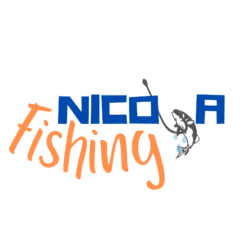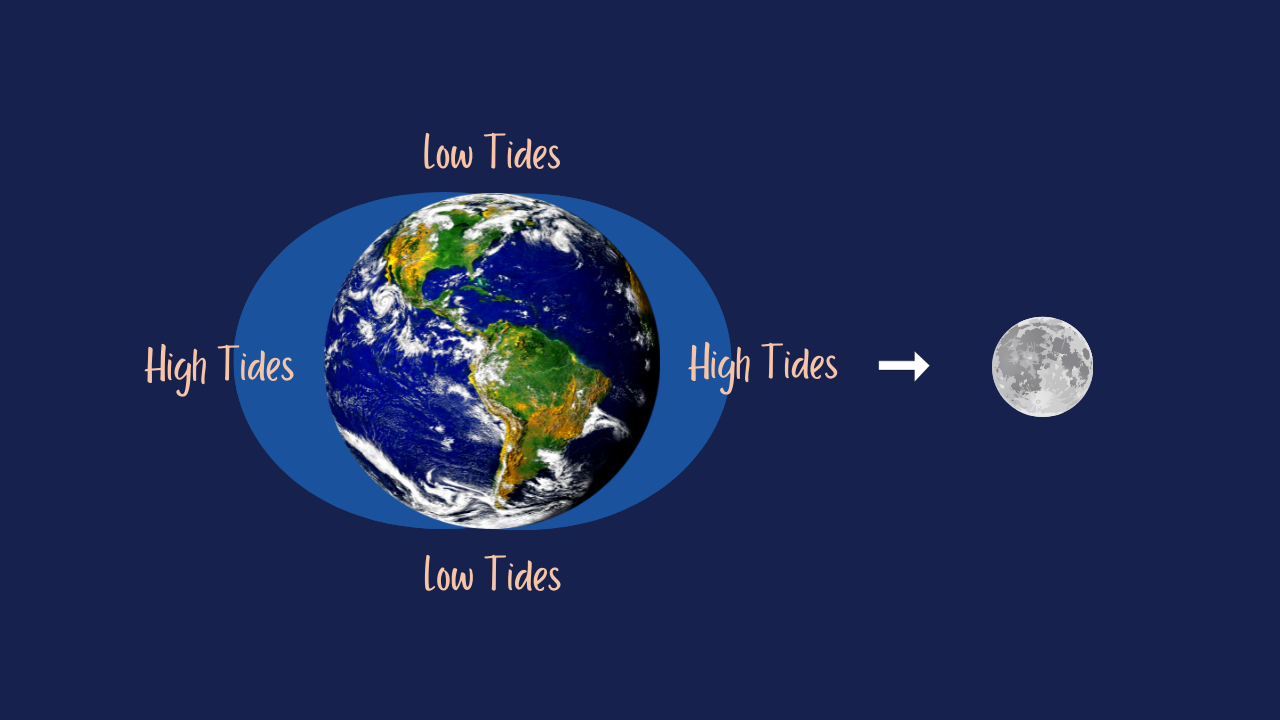If you are new to fishing in the lakes, you may be wondering where to start. This guide will teach you the basics of lake fishing, including how to find fish, what bait to use, and how to reel them in. We’ll also provide some tips for beginners on how to make the most of your fishing experience.
Are you ready to catch fish in the lake? Of course, you are—and keeping these 6 tips in mind will help you feel confident and prepared.
- Getting a license
- Picking the right location
- When to fish in the lake
- What gear to use
- How to catch fish in the lake
- Good fishing etiquette
So pack your gear and let’s get started! All you need is an open mind, maybe a journal to take notes, and enthusiasm for this new hobby.
Getting a License for Fishing in the Lakes
A license is an official document that gives you permission to do something or go somewhere, which represents your ticket to fish in lakes, in this case! If you want to be able to fish without getting into trouble with the law – get yourself a fishing license today.

You can buy a fishing license at most bait and tackle shops, as well as online.
Fishing licenses are usually valid for one year, so make sure to renew yours before it expires.
Picking the Right Location
Not all lakes are created equal when it comes to fishing—some have better fish populations than others. When you’re picking a lake to fish in, do some research beforehand to find out what kind of fish live there and what the best time of year is to fish.
If you’re not sure where to start, ask around at your local bait shop or look online for lake fishing reports. These reports can be incredibly helpful in finding good spots to fish as well as giving you an idea of what fish are biting.
Most lakes have fish, but not all lakes are open to the public for fishing. To fish in a lake, you’ll need to find one that is open to the public and has enough fish to provide. State parks and national forests usually have nice fishing spots. You can also check with your local fish and wildlife department to see if they have any recommendations.
When To Fish In The Lake?
The fishing season varies from place to place, so be sure to check the regulations before you go. In general, you can fish year-round in freshwater lakes, but some states have restrictions on certain types of fish during certain times of the year. Saltwater fishing usually has an open season, so be sure to check the regulations for the area you want to fish in.

Keep reading to find out all the details about how to pick the right gear once you have decided on the place and time.
What Gear To Use?
Fishing gear can be as simple or as complicated as you want it to be, but there are a few things that all anglers need: a fishing rod, bait, and a place to fish. You can buy all of these things at your local sporting goods store or online. If you’re just getting started, we recommend buying a beginner’s fishing kit, which will have everything you need to get started.
In addition to bait, you’ll also need some weights and hooks. Again, the size and type of these will depend on the fish you’re targeting. Once you’ve got your bait and tackle sorted, you’re ready to start fishing!
How To Catch Fish in the Lake?
Now that you have all of your gear, it’s time to learn how to catch fish! The most important thing to remember is to be patient. Fish don’t always bite, and it can take some time to get a fish on your line. The best way to attract fish is to use the right bait for the fish you’re trying to catch. Worms and insects are good for most types of fish, but you’ll need to do some research to find out what type of bait is best for the fish in the lake you want to do fishing at.
Once you’ve got your bait, cast your line into the water and wait for a fish to bite! This can be the hardest part of fishing, especially for beginners. The best thing to do is to relax and be patient.

When a fish bites, it will pull on the line and try to swim away, which may cause you to feel a light tug on the line. To reel them in, hold onto the rod with one hand and use the other hand to slowly turn the handle of the reel. As you turn the handle, the fish will be pulled closer to you. When they are close enough, you can grab them with your hand or net.
At this point, it’s important to reel in the fish quickly but carefully—if you give them too much slack, they may be able to wriggle free.
Good Fishing Etiquette
It’s essential to learn good fishing etiquette — be respectful of other fishers, the fish you catch, and the environment you’re in.
Please remember to not keep more fish than you can eat, and always stick to leave-no-trace ethics. I like asking this question: “How can I leave my environment in the way I have found it?”
Fishing is a fun and relaxing activity, but it can also be frustrating if fish keep getting away. Fishing etiquette will help you to fish more effectively, and make sure that fish are caught and released as quickly as possible.
I recommend not to fill a spot that someone else is fishing: I respectfully give other anglers up to 60 feet on the most packed water and more than a couple hundred yards if it’s not super crowded.
Fish should always be cleaned and kept alive after they’ve been caught because fish release nutrients back into the water when they decompose. The best way to do this is by using a gaff or net to grab them by their mouth or nose before removing the hook from their mouth with pliers—don’t try to pull them out of the water first! If you don’t have a gaff or net handy, then simply use your hands to grab fish near their head so that they stay on top of the water.
Catching and releasing fish is important for the health of the fish population and helps to ensure that there will be enough fish to catch in the future. When you’re finished fishing for the day, make sure all of your gear is clean and put away so that you’re ready to go next time!
In Conclusion
Fishing in lakes can be a great way to relax after work. If you fish with the right gear and good etiquette, it’s possible to catch fish without much effort. Fishing is also an excellent activity for making friends because everyone shares tips about their favorite fishing spots and techniques.
If you’re looking for a fun hobby that doesn’t require too many fancy tools or gadgets, this article has all of the information you’ll need to get started today.
Be sure to check whether the area of the water you’re on is catch and release, limited to artificial lures (no live bait), or fly-fishing only. Don’t forget to check local regulation resources or your state’s forestry department’s website for details as well as information on closures.
Thanks for reading, and we hope this guide has helped you to get started with fishing in lakes.
Have fun and happy fishing!



1 comment